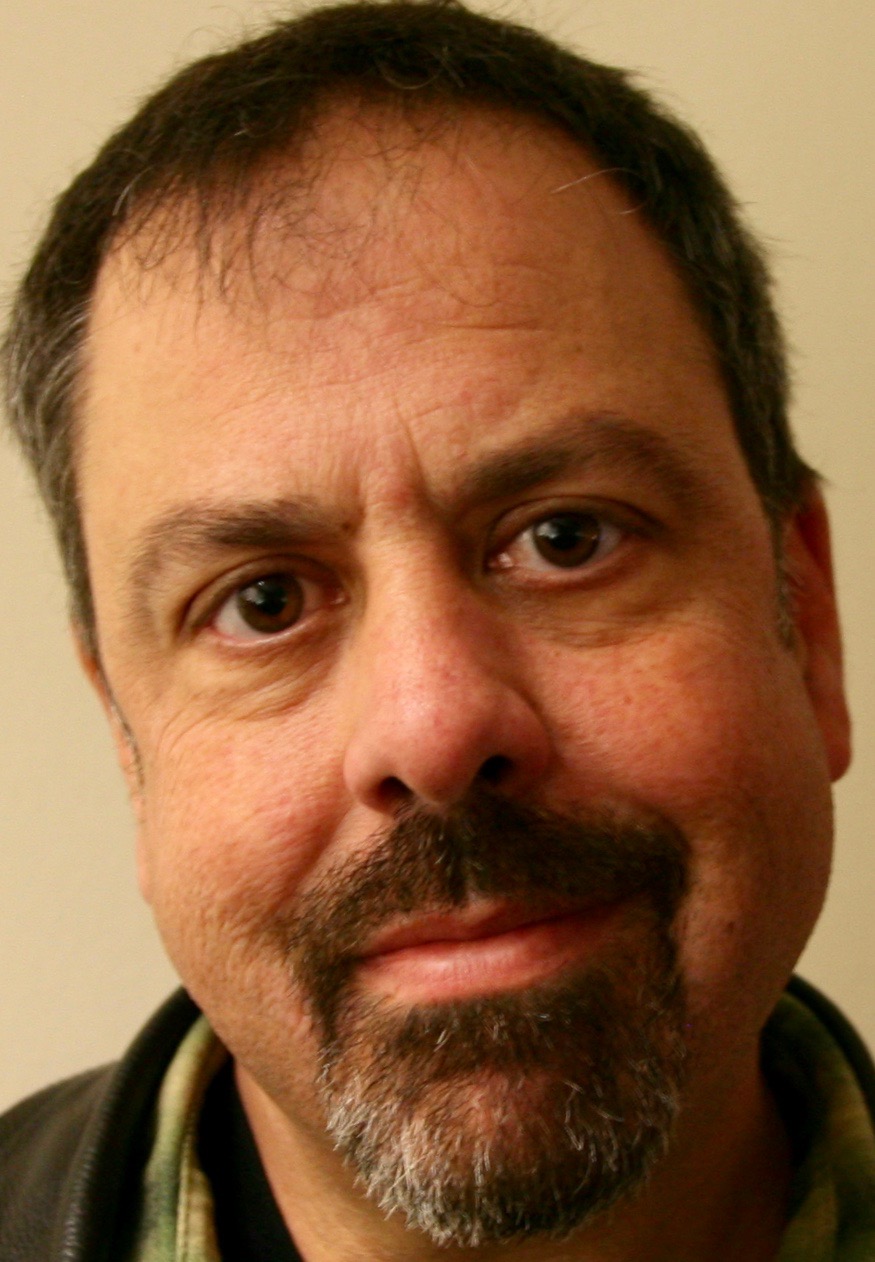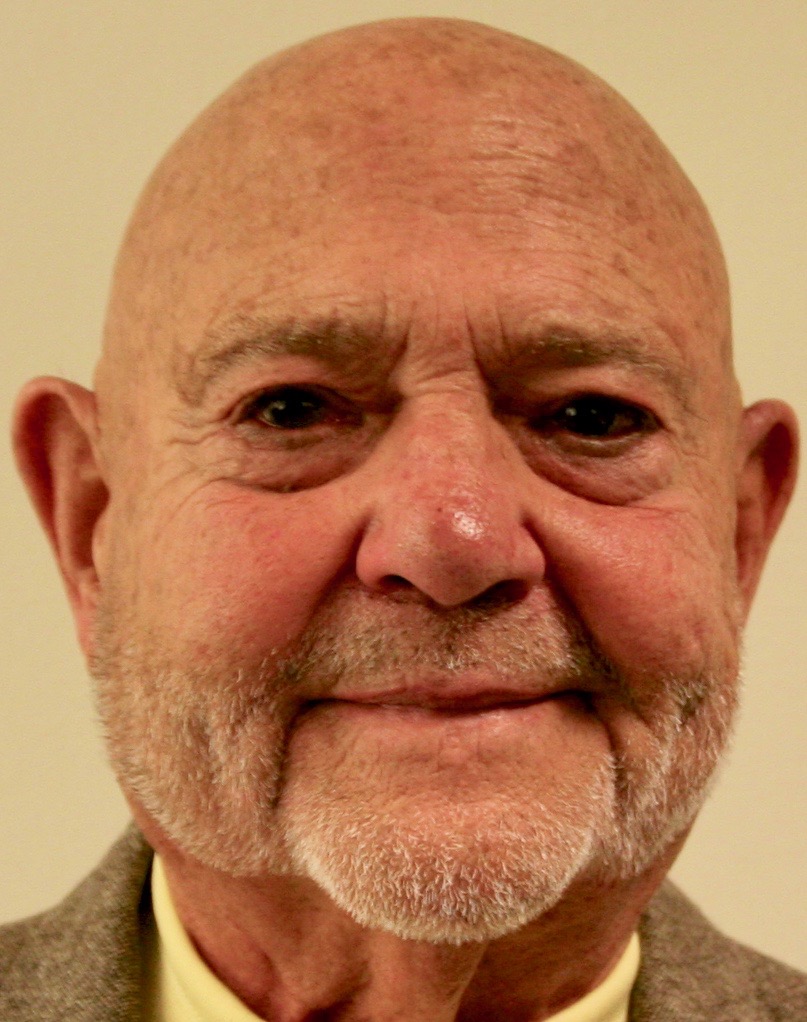
LAKEPORT — The candidates for Lake County District 5 Supervisor squared off on Thursday at the board of supervisors chambers in Lakeport in a debate that brought out their stances on dozens of topics, from cannabis and agriculture to immigration and Second Amendment rights.
It was the third and final “candidate forum” hosted by the Lake County Chamber of Commerce during the 2020 election. District 5 has been seen as the most contested race with four candidates vying for one seat, which will be handed off by longtime incumbent Rob Brown in 2021.
Candidates Bill Kearney, Kevin Ahajanian, Lily Woll and Jessica Pyska differentiated themselves from the very beginning of the forum.

In his opening comments and throughout the debate, Ahajanian, a retired executive chef and Cobb resident, affirmed his adherence to the U.S. Constitution “as it was written” and emphasized his intention to limit government control and “get out of the way” of business in order to support “responsible growth.”

Buckingham resident and retired pharmacist Kearny tallied his deep experience in business and local organizations, promising to bring tourism and “new jobs and revenue-generating businesses” to Lake County.

Pyska, an educator and Cobb resident, highlighted her “proven track record” developing wildfire resiliency on the Cobb Area Council advisory board, and promised to “get this county and its enormous potential running on all cylinders.”
Woll, a teacher and resident of Kelseyville, emphasized her close ties to that area’s large Latino population and her ability to communicate in Spanish and “strengthen the bridges” between cultures in District 5, while finding “creative ways” to increase county revenues.

The candidates’ viewpoints on immigration were probed by a question asking whether each candidate feels “it is the supervisors’ responsibility to represent” residents of Lake County who are not citizens of the United States.
Apparently interpreting the question to be asking whether non-citizens should be allowed to vote, Ahajanian replied, “Flat out, no. They’re not citizens of our nation. You need to be a citizen in order to vote.”
Agreeing with Ahajanian, Kearney said “you’re either an illegal alien or you’re a legal person to vote.” He noted that immigrants “need to go through the path of citizenship” before they should be allowed to vote.
Pyska argued that the question of non-citizens voting is “a federal issue” that “should never come before the county government.”
Woll replied that “undocumented residents of this county don’t have an actual pathway…to getting their papers.” She added that Lake County’s agricultural workers, many of whom are immigrants, “support the backbone” of the local economy and “need to be supported” in return.
In reference to Lake County’s regulation of legal cannabis, another question asked “What specific changes would you suggest being made if you are elected?”
Pyska called for maintaining a “high standard for safety” in cannabis rules, and suggested the board adopt “state regulations that were a little bit less stringent,” to “help the growers that have invested in our county.”
Woll argued that “people are afraid” of legal cannabis, but said “it could definitely help the county.”
Ahajanian replied that he would like to see the county government treat cannabis and hemp more even-handedly, arguing that “hemp and cannabis are the same plant. I believe restrictions on one need to come up, and restrictions on one need to come down.”
Kearney noted that as a pharmacist, cannabis has always been “a schedule 1 drug” in his mind. “I had to adapt when it became legalized in California.”
A video of the full debate can be viewed on the County of Lake’s Facebook page at https://www.facebook.com/lakecountycagov





